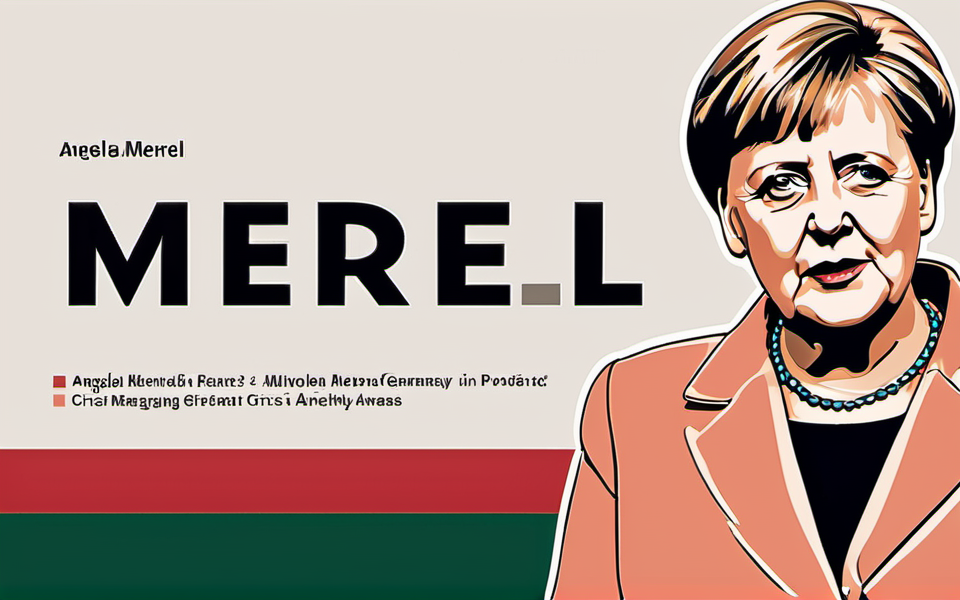Discover the compelling story behind Germany’s heroic effort during the refugee crisis and the woman who stood at the forefront of it all – Angela Merkel. Read on to uncover how she managed one of the most challenging periods in modern German history.
The Unexpected Arrival
In 2015, Germany faced an unprecedented situation as thousands of refugees flooded the borders. War and instability in Syria and other countries sparked a massive movement of people seeking safe haven in Europe. Out of all the European leaders, it was Angela Merkel who took a bold stand. Merkel declared, “Wir schaffen das,” meaning “We can do it.” Her words echoed a sense of responsibility and compassion that would lead Germany through the storm.
But not everyone was on board. Merkel’s decision was met with both applause and criticism. Some praised her humanitarian approach, while others feared the economic and social impact of admitting a large number of refugees. The country was divided, and as the world watched, Merkel had to navigate through a maze of challenges and opposition.
The Economic Challenge
One of the immediate concerns was the economic impact of such a large influx of people. Germany had to find ways to accommodate hundreds of thousands of new residents. This meant housing, food, healthcare, and job opportunities. Merkel’s government quickly mobilized resources, partnering with NGOs, businesses, and community groups.
Germany’s robust economy played a crucial role in this effort. The nation’s well-structured social systems provided a backbone for the integration programs. But the process was not without its hurdles. Economic stability required careful planning and immense financial resources. Merkel’s ability to balance the country’s books while managing the crisis became a testament to her exceptional leadership skills.
The Social Integration
Perhaps the most challenging aspect was social integration. Germany had to ensure that the refugees became part of the society without causing friction. Language barriers, cultural differences, and societal acceptance were significant issues. Angela Merkel pushed for educational programs and communal activities to bridge these gaps. Schools and local communities played active roles in helping refugees adapt to their new life.
The process of integration was slow and complex. It required patience and continuous effort. Merkel’s stance that refugees should not only be welcomed but also integrated, showcased her commitment to a long-term solution. Her vision was clear – a diversified but united Germany.
The Political Turmoil
Merkel’s policy was a gamble that had significant political repercussions. Her decision strained relationships within the European Union. While some countries backed her humanitarian stance, others criticized Germany for opening the floodgates, forcing the entire continent to deal with the consequences. This situation led to heated debates and negotiations within the EU.
Domestically, Merkel faced political backlash as well. The rise of far-right movements and political parties like AfD (Alternative for Germany) gained momentum, capitalizing on fears and uncertainties. Merkel’s party, CDU (Christian Democratic Union), had to navigate through this tricky political landscape, often modifying policies to maintain a balance between compassion and control.
The Legacy
Years after the peak of the refugee crisis, Angela Merkel’s role remains a topic of discussion. Her approach has been both lauded as a beacon of humanitarianism and criticized for its logistical and social challenges. However, one thing is undeniable – Merkel demonstrated remarkable courage and leadership during one of Europe’s most turbulent times.
Her legacy is not just about managing the refugee crisis but also about setting a precedent for how democratic nations can respond to humanitarian disasters. Merkel showed the world that with steadfast leadership, even the most daunting challenges can be met with humanity and pragmatism.






